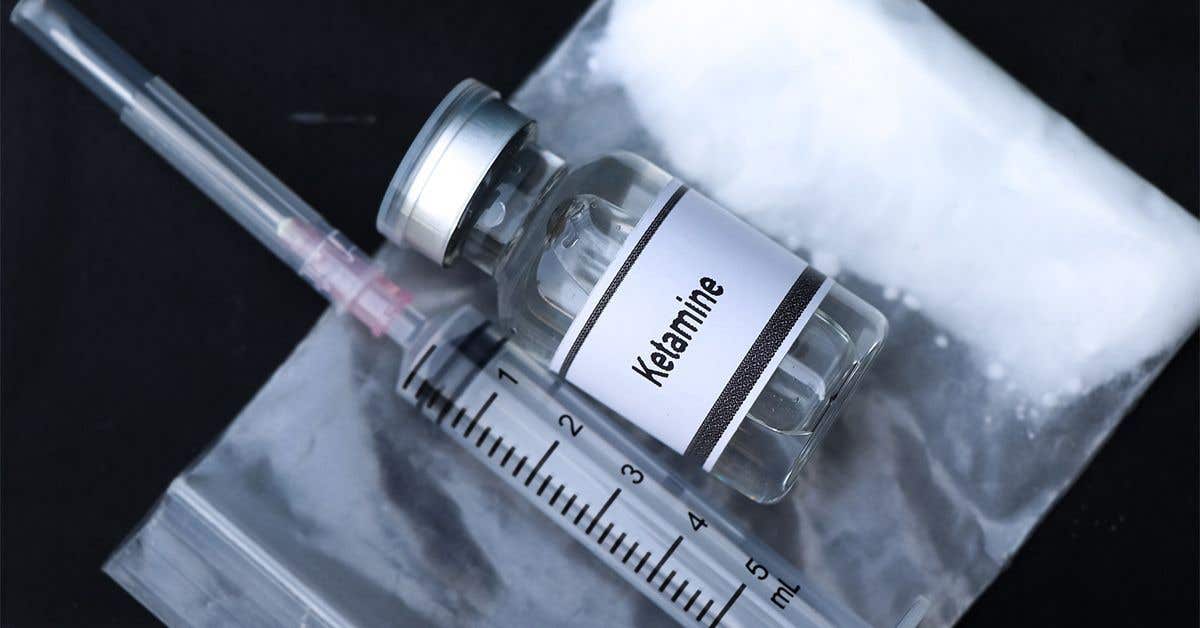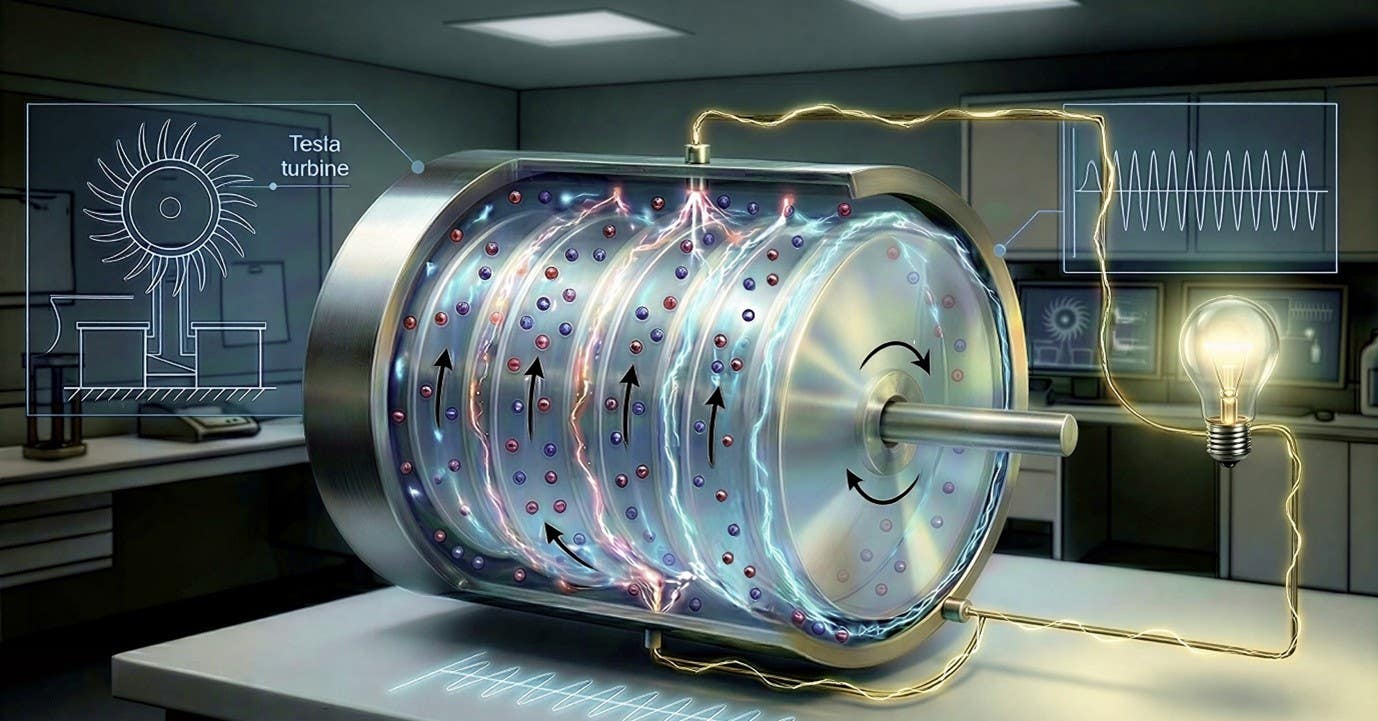One dose of ketamine could treat depression for months, study finds
A new study from Vanderbilt reveals how one dose of ketamine could treat depression for months by boosting brain plasticity.

Scientists show how one ketamine dose could ease depression for two months by targeting a key brain pathway. (CREDIT: CC BY-SA 4.0)
Roughly one in ten Americans suffers from major depressive disorder (MDD) at any given time. In total, up to 20 percent of people will deal with its symptoms at some point in their lives. Despite its wide reach, current treatment options often miss the mark. Standard antidepressants do not work for about 30 percent of patients.
That’s where ketamine comes in. Though originally used as an anesthetic, low doses of ketamine have shown fast and powerful antidepressant effects. Relief often starts within hours, even for patients who haven’t responded to other drugs. But the benefits of ketamine fade quickly—usually within a week. To stay well, patients must return for more doses. Over time, this cycle can lead to unwanted side effects, including dissociation and risk of addiction.
Now, scientists at Vanderbilt University may have found a way to extend ketamine’s benefits. Their study, published in the journal, Science, offers hope for longer-lasting results from just one infusion.
The Science Behind Ketamine's Power
Ketamine works by acting on the brain’s glutamate system, specifically by blocking NMDA receptors. This blockade quickly boosts the production of brain-derived neurotrophic factor (BDNF), a protein essential for brain plasticity. BDNF binds to its receptor, TrkB, which activates other chemical pathways in the brain.
One key pathway is the ERK (extracellular signal-regulated kinase) pathway. Although ERK isn’t needed for ketamine’s initial effects, it plays a crucial role in maintaining its long-term benefits. Past studies showed that when ERK is blocked, the antidepressant effect fades faster.
In the new Vanderbilt study, researchers aimed to keep ERK activity high after just one dose of ketamine. They did this using a compound called BCI. BCI blocks a protein called DUSP6, which normally limits ERK activity. By shutting down DUSP6, ERK remained active for longer. That extended the antidepressant effects of ketamine in lab mice—up to two months in some cases.
Related Stories
"The premise of this study, which was led by Zhenzhong Ma, a fantastic research assistant professor, was based on a testable mechanistic model that we developed that accounts for ketamine’s rapid antidepressant action," said Lisa Monteggia, who led the research. Monteggia directs the Vanderbilt Brain Institute and holds the Lee E. Limbird Chair in Pharmacology.
From Mice to Mind: A Look at the Brain
To test their theory, scientists treated mice with either ketamine alone or ketamine combined with BCI. They then studied changes in a part of the brain called the hippocampus, which is involved in memory and mood regulation. The CA1 region of the hippocampus showed the most change. In this region, the ketamine-plus-BCI group had a much stronger and longer-lasting response.
Within 6 hours of a single ketamine injection, ERK activity increased by about 50%. When BCI was added, ERK levels rose even more and stayed elevated for a full 24 hours. Normally, ERK activity would have faded by then. Importantly, these effects were only seen when DUSP6 was blocked, proving that BCI works by targeting this specific protein.
Researchers also looked at the strength of signals between neurons in the CA1 region. This type of signal boost, known as synaptic potentiation, is linked to better mood and less depression. The most powerful changes came from mice treated with both ketamine and BCI. Their brain cells showed a 157% increase in signal strength—far higher than with ketamine alone.
Digging Deeper into the Synapse
The team used advanced microscopy to go even further. They examined how two specific proteins, GluA1 and GluA2, changed at the surface of brain cells. These proteins are part of AMPA receptors, which are crucial for fast brain communication.
While ketamine alone did increase these proteins briefly, their levels dropped by the 24-hour mark. However, in mice that got both ketamine and BCI, GluA1 and GluA2 levels remained high. These results suggest the brain was still forming new, stronger connections—a key part of long-lasting mood improvement.
The scientists also tested whether these changes were happening inside single synapses or across many different ones. They found that the number and size of the protein clusters both increased, but only when BCI was added to ketamine. That means the treatment not only improved signal strength but likely built new pathways in the brain.
"Ultimately, this work will be a steppingstone toward improving MDD patients’ lives by reducing the burden of treatment," said Monteggia. Her team believes that the results provide a proof of concept for future treatments that make one dose of ketamine last longer.
What This Means for Depression Treatment
The new findings offer a major shift in how we might treat depression, especially for those who don’t respond to typical antidepressants. A single dose of ketamine, when paired with a compound like BCI, could potentially offer relief for up to two months. That’s a huge leap from the current window of just a few days.
However, BCI itself isn’t ready for use in people. It’s mainly a research tool and may not be safe for human treatment. Still, the study proves that it’s possible to target pathways inside the brain to extend ketamine’s effects. That could lead to new drugs that are both safer and more effective.
Kavalali, chair of the Department of Pharmacology at Vanderbilt, said the project has been years in the making. "We hope it fosters other studies looking to identify specific molecules that will enhance and sustain the action of a single dose of ketamine."
Depression affects millions of lives each year, and many patients are still searching for something that truly works. This study gives new hope that a better, more lasting treatment may be on the horizon.
Note: The article above provided above by The Brighter Side of News.
Like these kind of feel good stories? Get The Brighter Side of News' newsletter.



